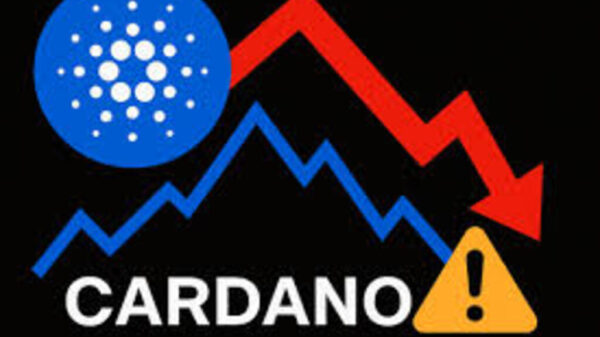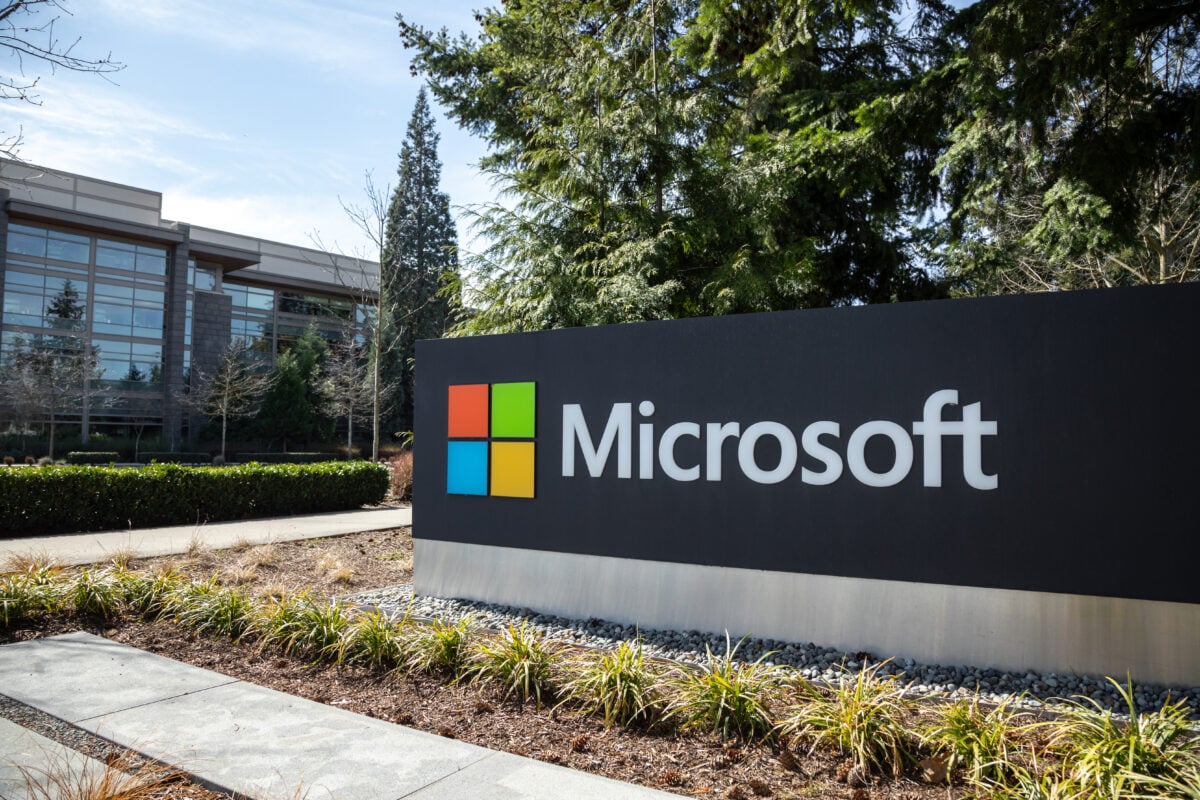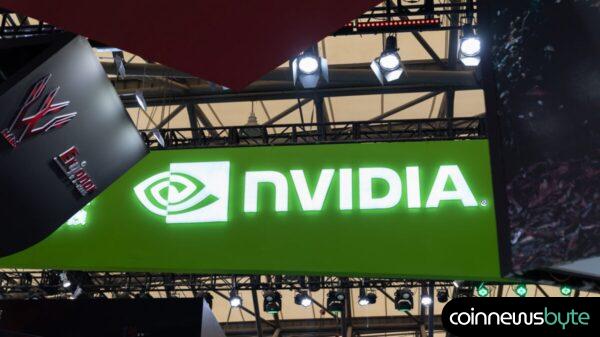The Gates Foundation Trust has made a significant move in its investment strategy by selling approximately 17 million shares of Microsoft during the third quarter of 2023. This sale has reduced the trust”s position from $13.9 billion to about $4.76 billion, dropping Microsoft from its top holding to the fourth position in the trust”s portfolio.
Previously, Microsoft represented nearly one-third of the trust”s total portfolio value. However, it has now been surpassed by Berkshire Hathaway, Waste Management, and Canadian National Railway, which now hold the top three spots. This shift indicates a significant rebalancing of the trust”s investment strategy.
According to reports, the trust has consistently sold Microsoft shares on a quarterly basis since late 2023, with the exception of a notable purchase in 2022 when it acquired nearly 40 million shares. The current sales appear to be part of a broader strategy to diversify holdings and generate liquidity for the foundation”s charitable commitments, which include plans to increase annual grantmaking to $9 billion by 2026.
Managed by an external team at Cascade Investments, the day-to-day operations of the trust are not directly overseen by Bill Gates. The recent sale of Microsoft shares, which generated between $8.7 billion and $8.8 billion, is aligned with the foundation”s goal of ensuring steady cash flow for its global health and education initiatives.
Despite the substantial reduction in its Microsoft stake, the Gates Foundation Trust still holds over 9 million shares valued at approximately $4.76 billion. This indicates that while the trust is reducing its concentration in Microsoft, it has not completely exited its position in the tech giant.
Microsoft”s stock is currently trading around $478 per share, having experienced a decline of about 12% from its peak in late October, when it approached $555. The broader market has also seen a rise in valuations, with the S&P 500 trading at more than 30 times earnings, which is significantly higher than its long-term average.
Despite these market dynamics, Microsoft continues to show strong performance, particularly through its Azure cloud computing division, which is a key growth driver. The company has announced plans to invest $80 billion in new data center infrastructure this year, signaling a commitment to expanding its services amidst growing competition in the AI sector.
The trust”s sales do not appear to be motivated by concerns regarding Microsoft”s fundamentals or competitive standing in the AI landscape. The company is still generating strong free cash flow and maintains a forward P/E ratio that is lower than many of its peers in the AI space following its recent share price drop.






































































